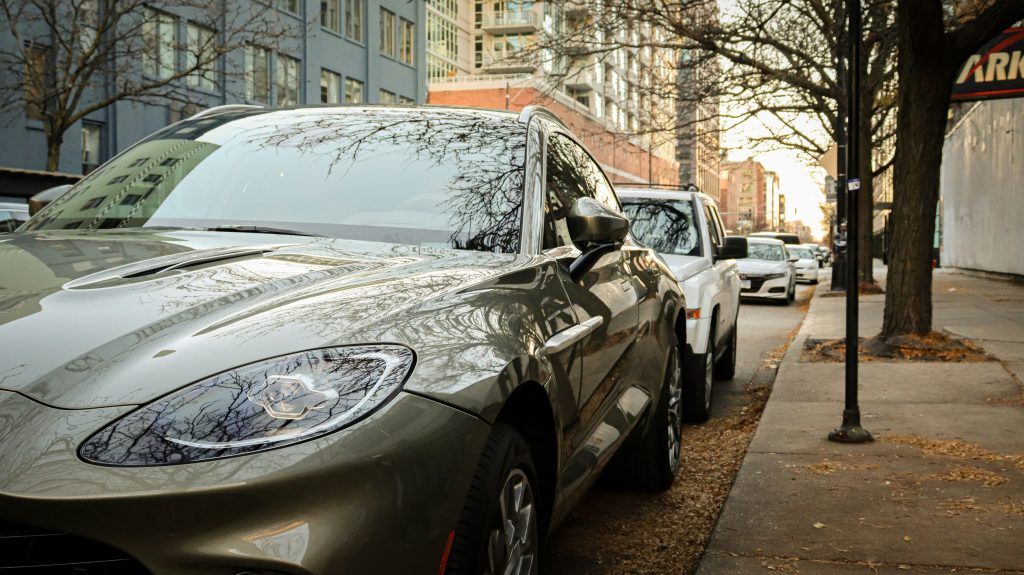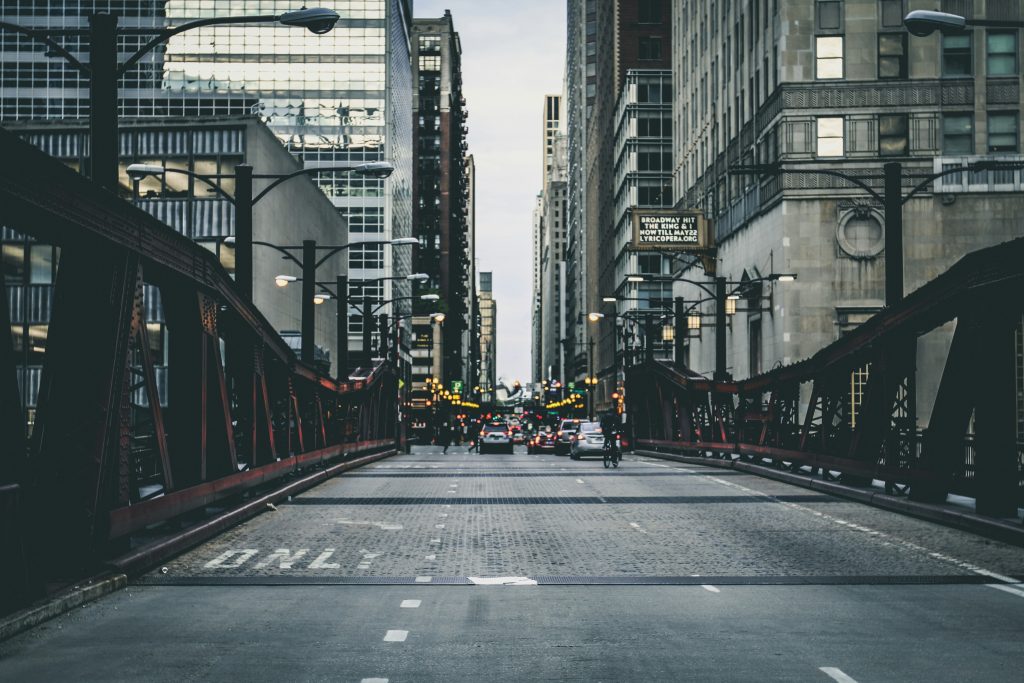Who Is Liable in a Rideshare Accident? Navigating Uber and Lyft Injury Claims in Chicago

Determining Liability in a Rideshare Accident
If you’ve been injured in a rideshare accident involving Lyft and Uber in Chicago, determining who is financially responsible can be more complicated than in a typical car crash. These cases involve multi-layered insurance policies, corporate liability considerations, and Illinois personal injury laws, all of which can affect the outcome of your claim.
The Law Offices of Jason H. Rubens, P.C., helps injured passengers, drivers, and pedestrians navigate this complex process to recover the compensation they deserve.
Why Rideshare Accidents Are Different from Regular Auto Accidents
Unlike traditional car accidents, where liability usually lies with one of the drivers and their personal insurance, Uber and Lyft accidents operate under a different structure. These companies classify drivers as independent contractors, not employees — a distinction that significantly impacts liability and insurance coverage.
Additionally, Chicago has specific rideshare regulations that impact how these cases are handled. At The Law Offices of Jason H. Rubens, P.C., Jason is experienced in handling the discrepancies of these cases.
Understanding Uber and Lyft Driver Status: The Key to Liability
To figure out who pays for your injuries and damages, it’s essential to determine the driver’s status during the crash.
Uber and Lyft divide coverage into three time periods:
1. App Off – Driver Not Logged In
When the driver is not using the rideshare app, they are not working for Uber or Lyft, and their personal car insurance is the sole coverage. In this case, your claim proceeds as a standard auto accident.
Relevant resource: What to do after a car accident in Illinois
2. App On, Waiting for a Ride Request
When the driver is logged in but has not yet accepted a ride, limited liability insurance from Uber or Lyft may apply:
- $50,000 per person for bodily injury
- $100,000 per accident for bodily injury
- $25,000 for property damage
However, this contingent policy only applies if the driver’s personal insurance denies coverage or is insufficient.
3. En Route to Pick Up or During a Trip
If the driver has accepted a ride request or is actively transporting a passenger, Uber and Lyft’s $1 million commercial liability policy becomes effective.
This also includes:
- Uninsured/underinsured motorist coverage
- Collision and comprehensive coverage
This is typically the most favorable coverage scenario for injured passengers and third parties.
Who Pays for Damages After a Rideshare Accident in Chicago?
Based on the rideshare driver’s activity, liability can shift between:
- The driver’s personal auto insurance
- Uber or Lyft’s limited liability policy
- Uber or Lyft’s $1 million commercial insurance
Common Scenarios:
- Hit by an off-duty Uber driver: You must file a claim with the driver’s personal insurance.
- Rear-ended by a driver waiting for a ride request: Uber/Lyft may offer limited coverage.
Injured while riding as a passenger in a Lyft vehicle: Uber/Lyft’s full coverage should apply.
Also, be aware of Illinois’ modified comparative negligence rule: if you are more than 50% at fault, you may not recover damages (735 ILCS 5/2-1116).

Uber and Lyft Accident Liability: What You Need to Know
Rideshare services like Uber and Lyft have changed the way we get around—but when an accident happens, figuring out who’s responsible isn’t always straightforward. If you’ve been injured or your vehicle was damaged in a crash involving a rideshare driver, you may be wondering: Is Uber liable for accidents? Does Lyft pay for car damage? Can you sue Uber for an accident?
Is Uber Liable for Accidents?
Uber may be held liable for accidents, depending on what the driver was doing at the time. If the driver was actively transporting a passenger or en route to a pickup, Uber provides up to $1 million in liability coverage. If the driver was merely logged into the app and waiting for a ride, Uber offers more limited coverage. If the driver was off the app, Uber’s insurance won’t apply.
In many cases, Uber personal injury settlements are negotiated through this coverage. However, filing a claim or suing Uber for an accident can be complex due to the company’s classification of drivers as independent contractors. Speak to an attorney about your rights if you’ve been hurt in a rideshare accident.
Does Lyft Pay for Accidents or Car Damage?
Similar to Uber, Lyft pays for accidents under its insurance policy when the driver is on the way to pick someone up or has a passenger in the car. This coverage may also include car damage, but it often requires the driver to carry their own collision coverage and pay a deductible. If you’re a driver or another motorist asking, “Does Lyft pay for car damage?”—the answer depends on the specific scenario and your insurance status.
For passengers injured in a crash, Lyft personal injury settlements can cover medical bills, lost wages, and other damages. If you’ve been hurt in a Lyft accident as a passenger, you may have grounds for a claim against Lyft’s insurance.
Need help? Our Chicago personal injury lawyers can guide you through the claims process.
Rideshare Accident FAQ
Q: Can I sue Uber for an accident?
A: Yes, in certain cases. Most claims are handled through Uber’s insurance policy, but you may be able to sue if your injuries are serious, the driver was negligent, or if your claim is denied.
Q: How much are Uber injury settlements worth?
A: Settlement amounts vary based on factors like the severity of injuries, lost income, and long-term medical needs. Some cases settle for tens of thousands, while others involving serious injuries can reach six figures or more.
Q: Does Lyft pay for accidents caused by their drivers?
A: Yes—if the driver was working (on the way to a pickup or with a passenger). Lyft provides up to $1 million in coverage during active rides.
Q: What should I do after an Uber or Lyft accident?
A: Get medical attention, report the crash to Uber or Lyft through their app, and contact a personal injury lawyer. You can start your free case evaluation here.
Q: Where can I find Uber and Lyft’s official insurance policy information?
A: You can review their policies directly:
The Importance of Legal Help in Rideshare Injury Claims
Navigating multiple insurance providers and proving driver status at the time of the accident is often challenging. Insurers may attempt to shift blame or deny coverage based on technicalities.
You’ll benefit from working with a Chicago personal injury lawyer who can:
- Investigate the accident and obtain app usage logs
- Communicate with all involved insurance companies
- Negotiate a fair settlement or take your case to court
How The Law Offices of Jason H. Rubens, P.C. Supports Victims of Uber and Lyft Accidents
Jason Rubens brings extensive experience in rideshare litigation and a track record of securing compensation for:
- Medical bills and rehabilitation
- Lost wages and future earning capacity
Pain, suffering, and emotional trauma
Vehicle repair or replacement
Whether you’re a passenger, another driver, or a pedestrian, The Law Offices of Jason H. Rubens, P.C. will fight to hold the responsible parties accountable.
Need help fast?
Request a Free Consultation with a Rideshare Accident Attorney in Chicago
If you or a loved one has been injured in an Uber or Lyft accident in Chicago, don’t try to navigate the insurance maze alone. Contact The Law Offices of Jason H. Rubens, P.C. for a free, no-obligation case review. Jason will help you understand your rights, explain the next steps, and work to secure the compensation you need to move forward.
Call (312) 201-9640 or contact us online to get started today.
